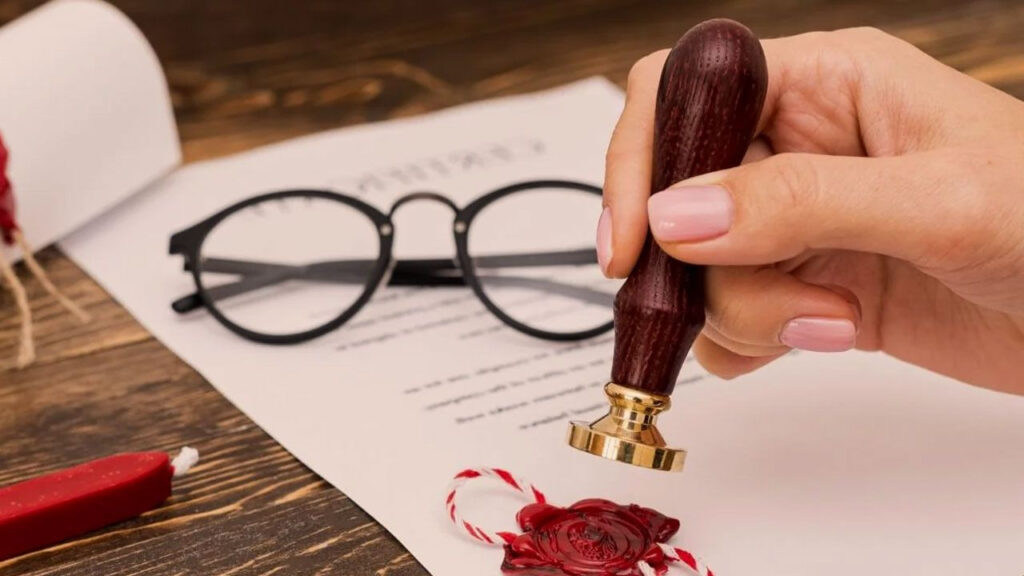Let’s be honest, if you’re a student trying to study abroad or someone who just landed a job in another country, dealing with paperwork is the worst. And when you hear terms like MOFA Apostille Pakistan, your brain probably freezes for a second.
Relax, you’re not alone.
In this blog, I’ll walk you through what this whole MOFA Apostille thing is, why it’s important, and how to actually get it done, without tearing your hair out. No complex language, no boring legal stuff, just straight talk.

What is MOFA Apostille?
In simple words, it’s a stamp. A very important official stamp from Pakistan’s Ministry of Foreign Affairs (MOFA) that says your document is legit and accepted internationally, especially in countries that are part of something called the Hague Apostille Convention.
Once you get the apostille on your document, you don’t need embassy attestation for those countries. It’s like a shortcut stamp of trust.
Who Actually Needs It?
Now you might ask, Do I even need this?”
Well, if you’re:
-
- A student applying to a university outside Pakistan
-
- A job seeker with an offer letter from abroad
-
- Applying for immigration, family visa, marriage visa, etc.
-
- Opening a business or dealing with international contracts
Then yes, my friend, you 100% need MOFA Apostille.
Without it, your documents will just bounce back from foreign offices. They’ll ask for proper attestation, and you’ll waste time, money, and probably lose a great opportunity.
What Kind of Documents Get Apostilled?
Basically, anything official that tells the world who you are, what you’ve done, or what you want to do abroad. Like:
-
- Academic degrees (Matric, Intermediate, Bachelors, Masters)
-
- Transcripts
-
- Birth certificate
-
- Marriage certificate
-
- Police clearance certificate
-
- Power of attorney
-
- Affidavits
-
- Business contracts or commercial docs
The MOFA Apostille Process – Broken Down
No long guide here, just what you actually need to know.
Step 1: Get Your Docs Verified First
Before you even step into MOFA’s office, make sure your documents are already verified from the relevant departments:
-
- Degrees → Go to HEC (Higher Education Commission)
-
- Matric/Inter certificates → Use IBCC
-
- NADRA docs → Make sure they’re in English and verified
-
- Police certificates → Need stamp from Home Department
If this step is skipped, MOFA will just reject it. Simple.
Step 2: Head to MOFA
There are offices in Islamabad, Lahore, Karachi, Quetta, and Peshawar. Choose whichever suits you. Try to go early in the day, the queue can be wild.
Step 3: Submission Time
-
- Take originals + photocopies
-
- Fill out a short form
-
- Pay around Rs. 1000–2000 per document
-
- Attach your CNIC copy
-
- Submit and wait for a token/receipt
Step 4: Collection
They’ll give you a collection date, usually 1 to 3 working days. When you get it back, your document will have a MOFA apostille sticker/stamp, official, internationally accepted.
Pro Tip: Use a Document Service
Let’s be real — not everyone has time to deal with long lines, multiple verifications, and official trips. If you’re short on time or out of city, apostille service providers are a lifesaver.
They’ll:
-
- Pick your docs from home
-
- Get everything verified (HEC, NADRA, IBCC)
-
- Visit MOFA
-
- Drop them back to you sealed and ready
It costs extra, but it’s 100% stress-free.
What Countries Accept Apostille?
Since Pakistan joined the Hague Convention in 2022, 120+ countries accept apostilled documents without needing further embassy attestation.
Some big names:
-
- UK
-
- Germany
-
- France
-
- Italy
-
- Netherlands
-
- South Africa
-
- Turkey
-
- Spain
-
- Australia
If your destination is on that list, apostille is enough. Embassy attestation not needed.
What NOT To Do
Here’s what many people mess up:
Submitting unverified documents
Skipping English translations (for Urdu NADRA docs)
Forgetting originals
Waiting till the last minute before visa deadlines
Trusting random agents without proof of work
Avoid these and you’ll be fine.
Final Thoughts
Look, the whole apostille thing sounds scary at first, but once you break it down, it’s just a matter of getting your docs verified and stamped. That’s it.
If you’re planning to go abroad for study or work, don’t delay this process. A delayed apostille can literally cost you an admission, a job, or a visa interview.